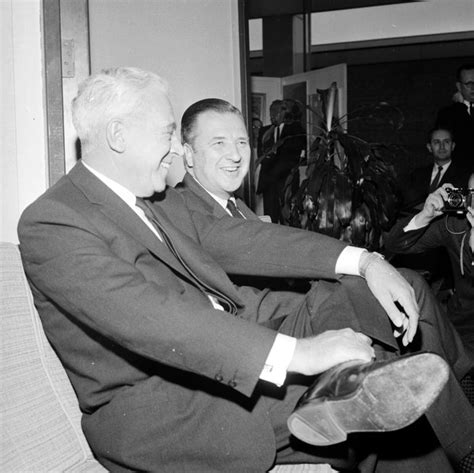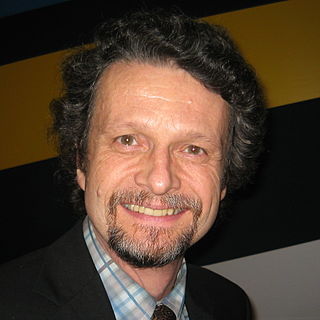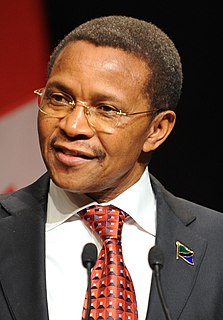A Quote by Pranav Mistry
I have always been interested in exploring how we can leverage our knowledge about everyday objects, and how we use them, in order to interact with our digital world.
Related Quotes
It is clear that everybody interested in science must be interested in world 3 objects. A physical scientist, to start with, may be interested mainly in world 1 objects--say crystals and X-rays. But very soon he must realize how much depends on our interpretation of the facts, that is, on our theories, and so on world 3 objects. Similarly, a historian of science, or a philosopher interested in science must be largely a student of world 3 objects.
With the advent of digital imaging I made the transition from trying to figure out how to do things to creating objects, characters and the whole cloth. It kind of freed up the analytical part of my brain and I had the opportunity to use more of the creative side of my brain for how things interact with light and integrate into stories.
Street politics is what happens in our everyday life, living in the bando. It's the environment around us and what we doing in the streets. We [Migos] talking about how many snakes there are in the grass and talking about how people can hurt you, and talking about how that can help you gain knowledge.
We design our own programmes; we take leadership. Of course the donors come in to support us, to complement our efforts. Our responsibility to the donors is about accountability: about how we use that money. If somebody gives you his money, definitely he will be interested in knowing how you spend the money.
I think we create our world through stories. We use storytelling to escape or protect ourselves from the unimaginable and the horrible - from the real, in a way. It's like white light - if you put everyday reality through a prism you get this rainbow of colors that you couldn't see before. I'm interested in exploring the world to show the things that are invisible. And not just undocumented aspects of reality, but to actually make manifest things that have been hitherto invisible through the intervention of filmmaking.
American intelligence and military agencies have a huge footprint in terms of how the world works, but they're largely invisible. I'm interested in exploring those 'geographies' of secrecy from many different angles: political, legal, economic, spatial, etc., because I am fundamentally just interested in how the world works and how societies work.




































